Table of Contents
- Origin and History
- Temperament and Personality
- Energy and Activity Needs
- Care and health
- Is a Dalmatian Right for You?
- Recommendation: Suitable equipment for your Dalmatian
- Conclusion
Origin and history
The exact origins of the Dalmatian remain unclear to this day. It is believed to have originated in the Mediterranean region, particularly Dalmatia (present-day Croatia), where it also got its name. In the past, the Dalmatian was used as a carriage companion, proudly running alongside horse-drawn carriages and protecting them from attackers or strange dogs. Later, it also became very popular as a guard dog and even as a firefighter's dog in the USA. These versatile roles have shaped its character to this day.
Temperament and Personality
Dalmatians are extremely lively, playful, and very attentive. They are extremely people-oriented and prefer to be close to their family at all times. Their friendly, sensitive nature makes them great family dogs, as long as they get enough exercise and mental challenges. They are considered intelligent, but they also have a mind of their own, which means consistent but loving training is essential.
Dalmatians have a strong need for affection and attention. They are not suitable for people who frequently have to leave their dog alone. Instead, they thrive in active households where they can be part of all activities.

Energy and Activity Needs
A Dalmatian is anything but a couch potato. These dogs are real bundles of energy and need plenty of exercise to stay happy and balanced. Long walks, jogs, trips into nature, or even bike rides are ideal. Dog sports such as agility, obedience, or canicross offer excellent opportunities to keep your Dalmatian physically and mentally active.
Without sufficient exercise, Dalmatians can quickly develop behavioral problems, such as restlessness or destructive tendencies. Therefore, it's important that owners incorporate daily activity into their daily routine.
Care and Health
The Dalmatian's coat is short, smooth, and very elegant. Although it's easy to care for, Dalmatians shed quite heavily year-round. Regular brushing helps remove loose hair and keep the coat shiny. One advantage: The coat is dirt-resistant and dries quickly, which is especially useful for active dogs.
Dalmatians are prone to urinary stones (urate stones), so their diet should be closely monitored. It is recommended to consult a veterinarian to find a suitable food composition. Deafness is also common in Dalmatians, so puppies should be tested for this early. Regular checkups are important for early detection and treatment of health problems.

Is a Dalmatian Right for You?
The Dalmatian is best suited to active individuals or families who spend a lot of time outdoors and enjoy including their dog in their activities. People who enjoy jogging, hiking, or generally being active will be happy with this breed. However, those who prefer a quieter lifestyle or often have to leave their dog alone should choose a different breed.
For experienced dog owners, the Dalmatian is a great choice because, in addition to his athleticism, he also develops a close bond with his owners. With patience, consistency, and plenty of love, he will develop into a loyal and cheerful companion who adores their family.
Recommendation: Suitable Equipment For Your Dalmatian
To keep your Dalmatian healthy, safe, and happy, he needs a well-thought-out, high-quality basic kit. Here's a complete list of everything you need for your sporty and active companion:
- Robust leash: A durable, secure leash is a must. The Siliena Classic leash offers flexible use: adjustable for walks, training, or strolls around town. The Cityline leash is ideal for urban environments.
- Sturdy collar: Well-fitting, soft collars prevent pressure points and provide safety. The padded Siliena Classic collars or the Siliena Light collar are perfect.
- Chest harness: Optional if your dog pulls hard or you want more control (recommended by many trainers).
- Poop bags & holder: A must-have for every dog walk. Our Siliena cowhide poop bag holder is both practical and elegant.
- Water bowl for on the go: Especially important for active dogs like Dalmatians to stay hydrated at all times.
- Treats & snacks: For rewarding, training and as motivation during walks.
- Dog blanket or mat: So your dog can lie comfortably during breaks, whether in the park, café, or car.
- Address tag or AirTag: Safety first if your dog should ever run away.
- Grooming accessories: brush, shampoo and towel, especially important for Dalmatians who spend a lot of time outdoors.
- Reflective accessories: For walks at dusk or at night so you can be seen more easily.
With this equipment, you and your Dalmatian are perfectly prepared, whether for long hikes, in the city, or a leisurely stroll. Discover our collars , leashes , and the exclusive Siliena Set to make your everyday life together not only functional but also stylish.
Conclusion
The Dalmatian is a unique dog with a big heart, boundless energy, and a distinctive appearance. Anyone willing to give it enough exercise, time, and attention will be rewarded with a loyal, intelligent, and cheerful companion. The Dalmatian brings joy, variety, and elegance to any home and is a real eye-catcher—and not just because of its spots.
| info | Details |
|---|---|
| Origin | Croatia (Dalmatia), formerly a carriage companion and guard dog |
| Temperament |
lively, intelligent, friendly, sensitive |
| Height | 54–62 cm |
| Weight | 23–30 kg |
| fur | short, smooth, white with black or brown spots |
| Care | low, regular brushing is sufficient |
| Exercise needs |
very high, needs a lot of exercise and activity |
| For beginners | conditional, requires a lot of time and consistency |
| Barking |
moderate, reports when needed |
| Life expectancy | 12–14 years |
| Typical diseases | kidney stones, numbness |
| Price | from approx. €2,000 |


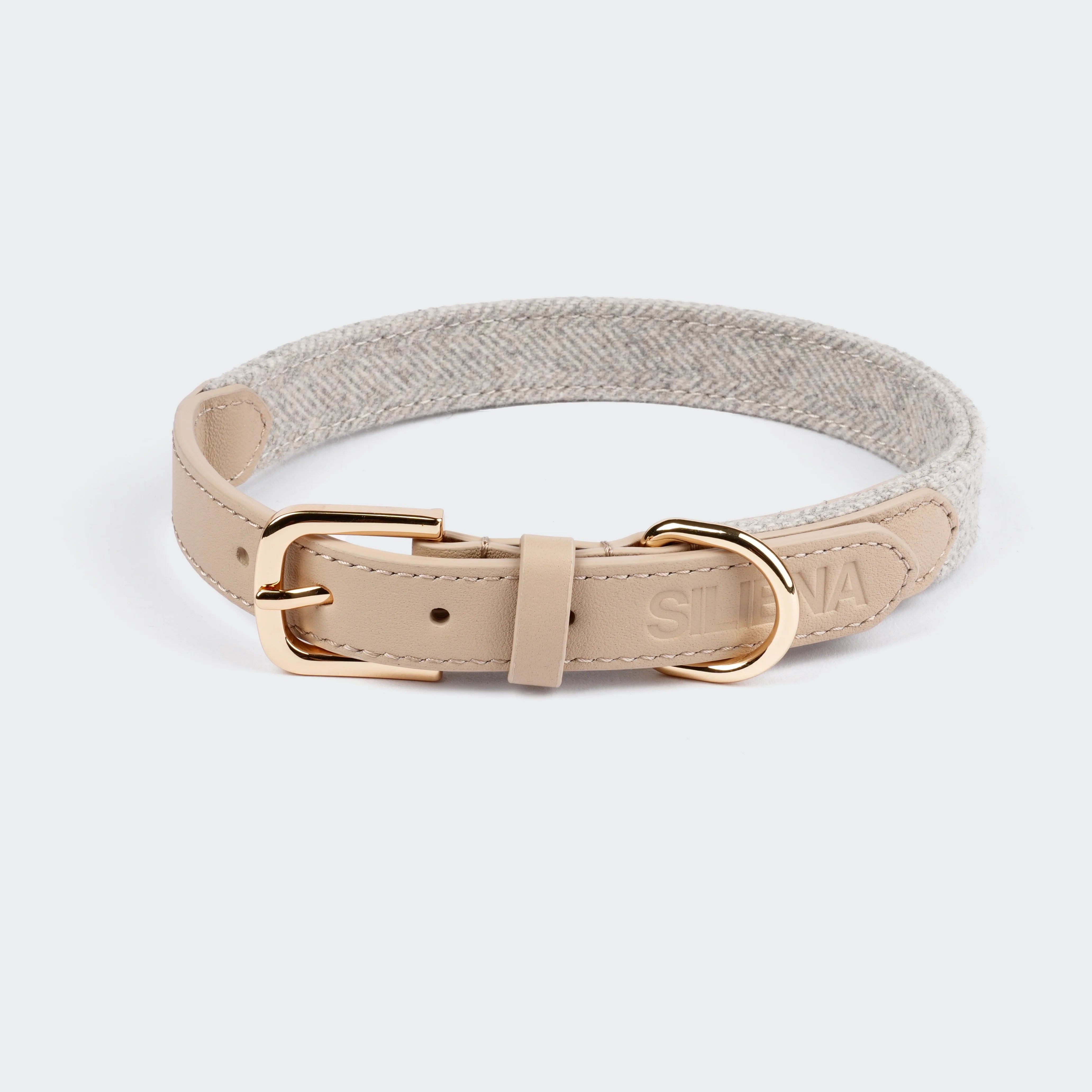
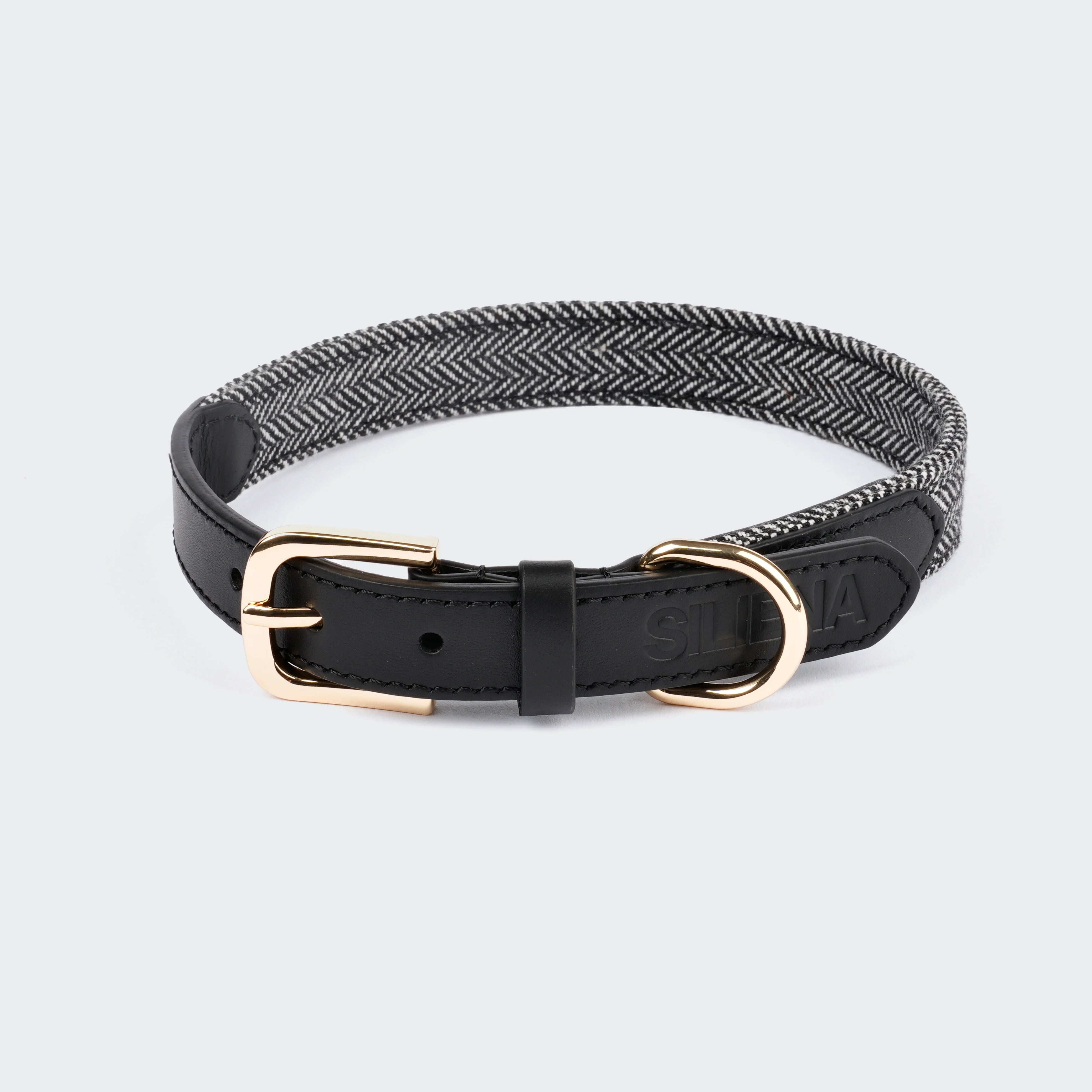
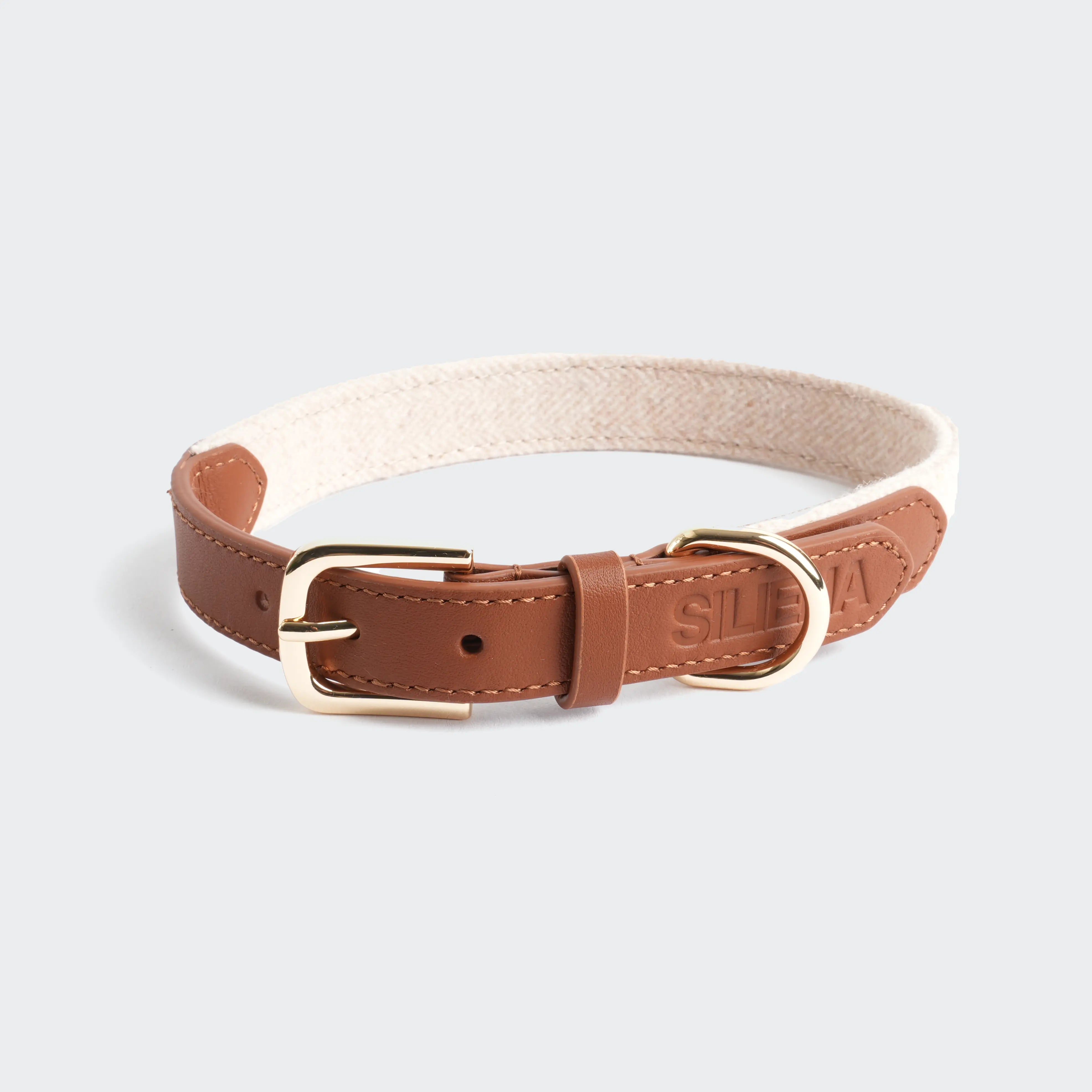
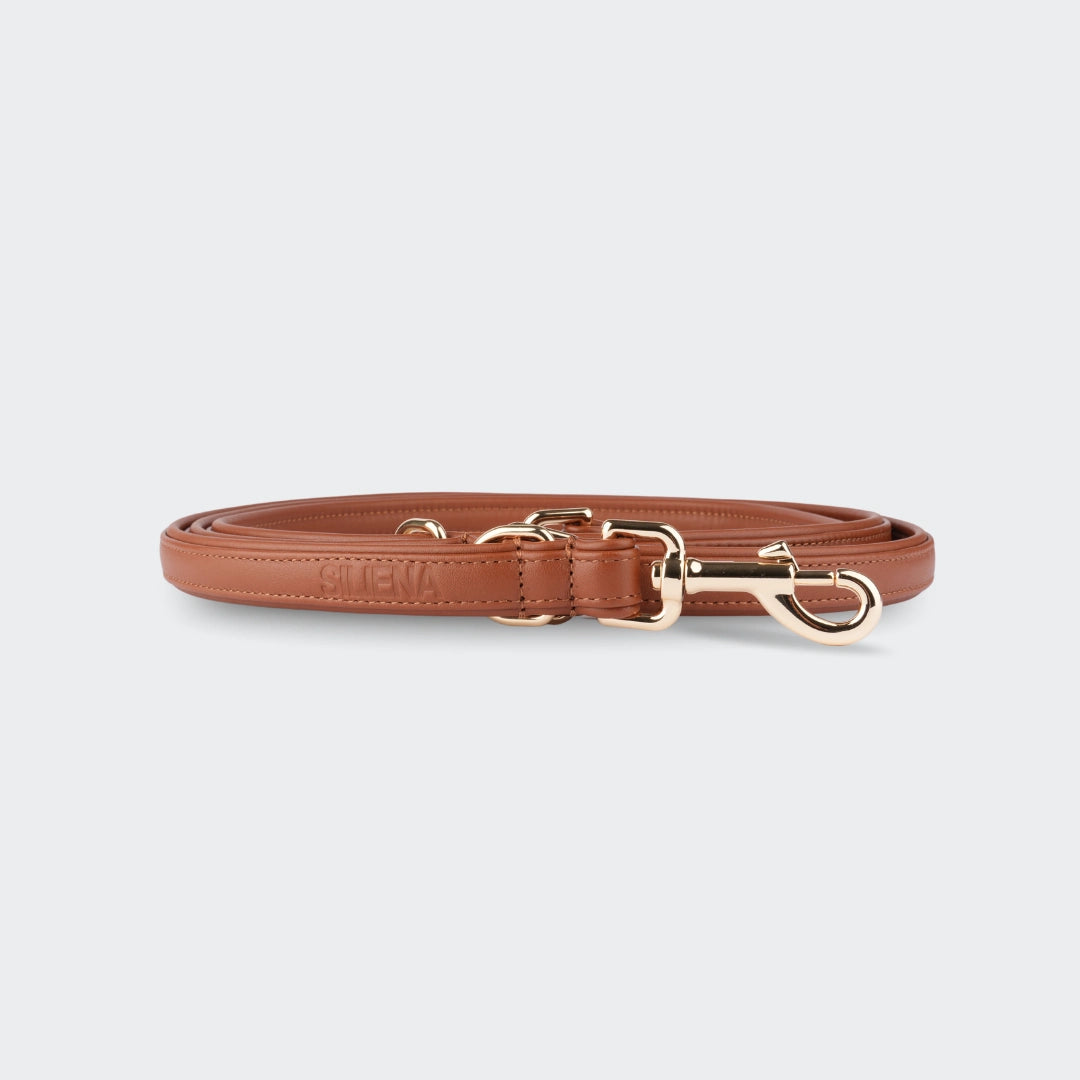
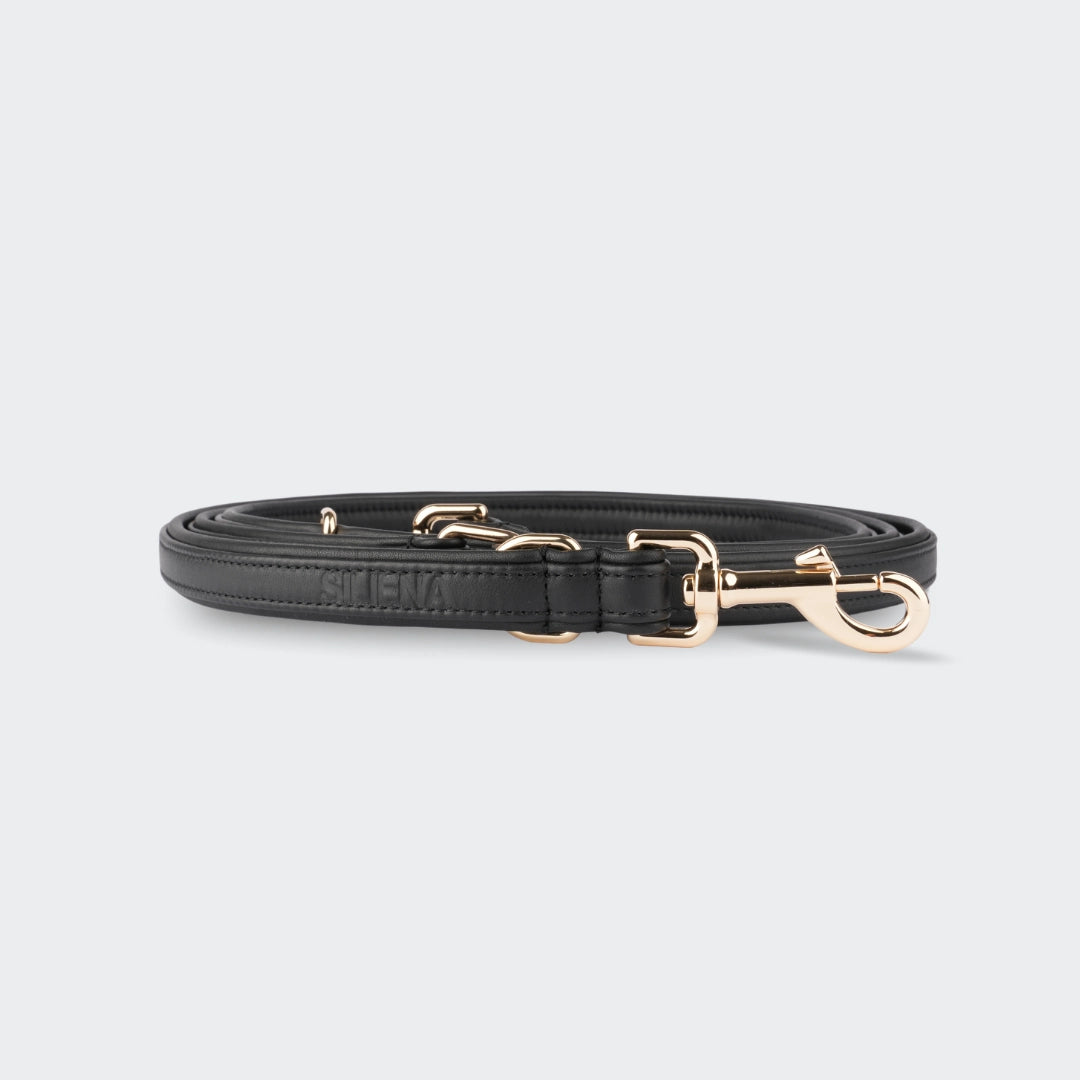
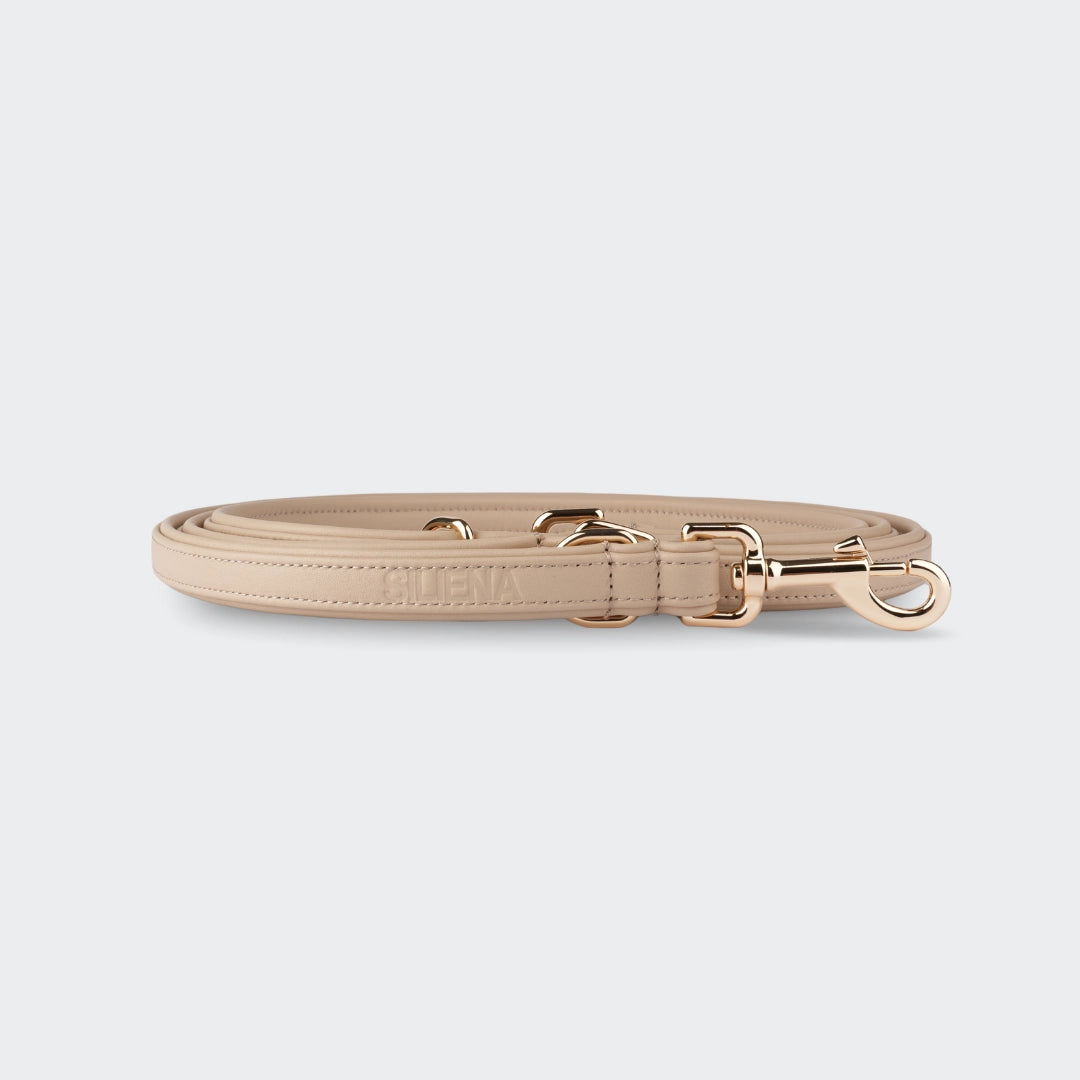
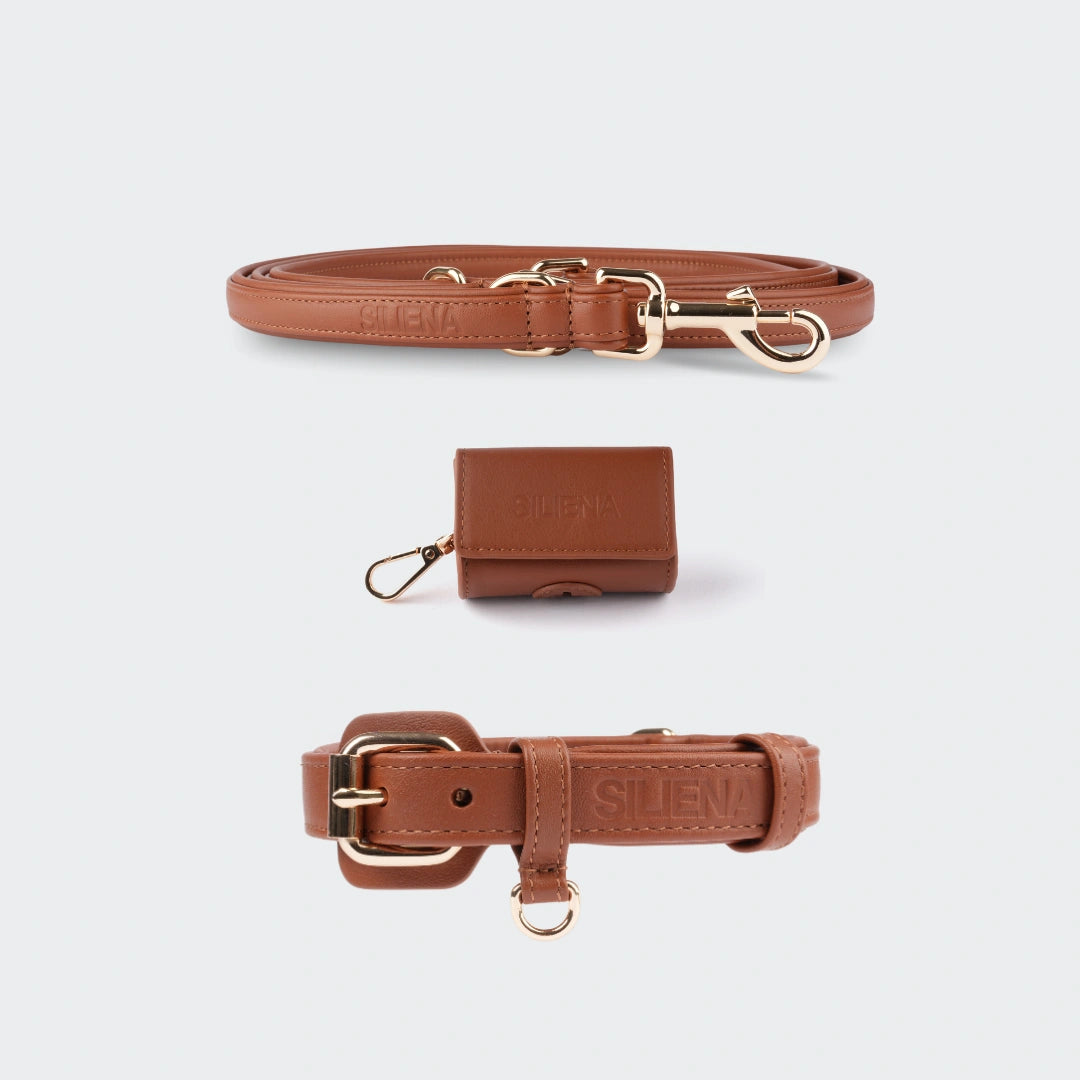
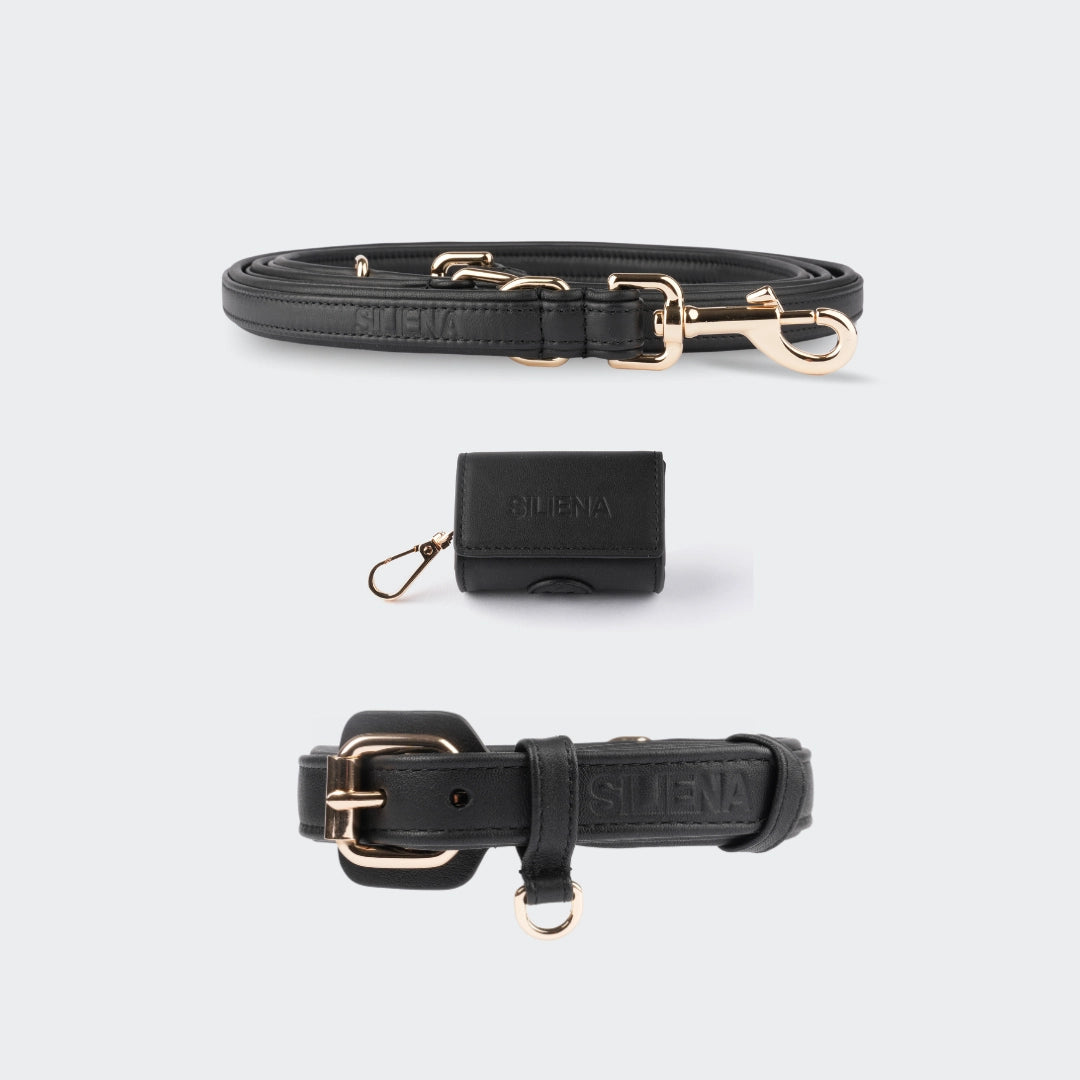
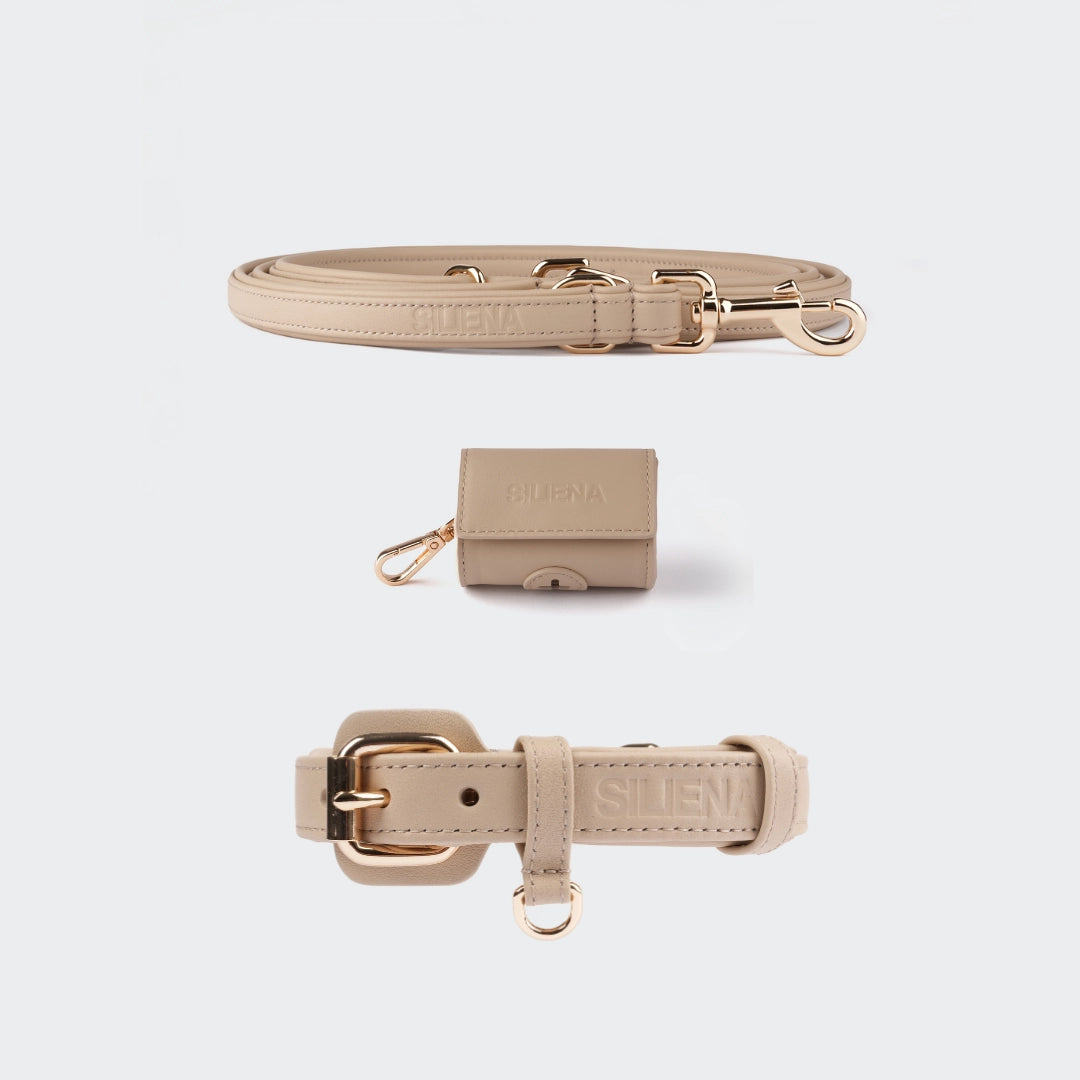
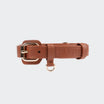
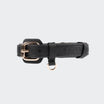
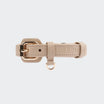
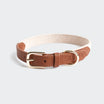
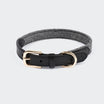
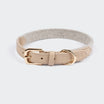
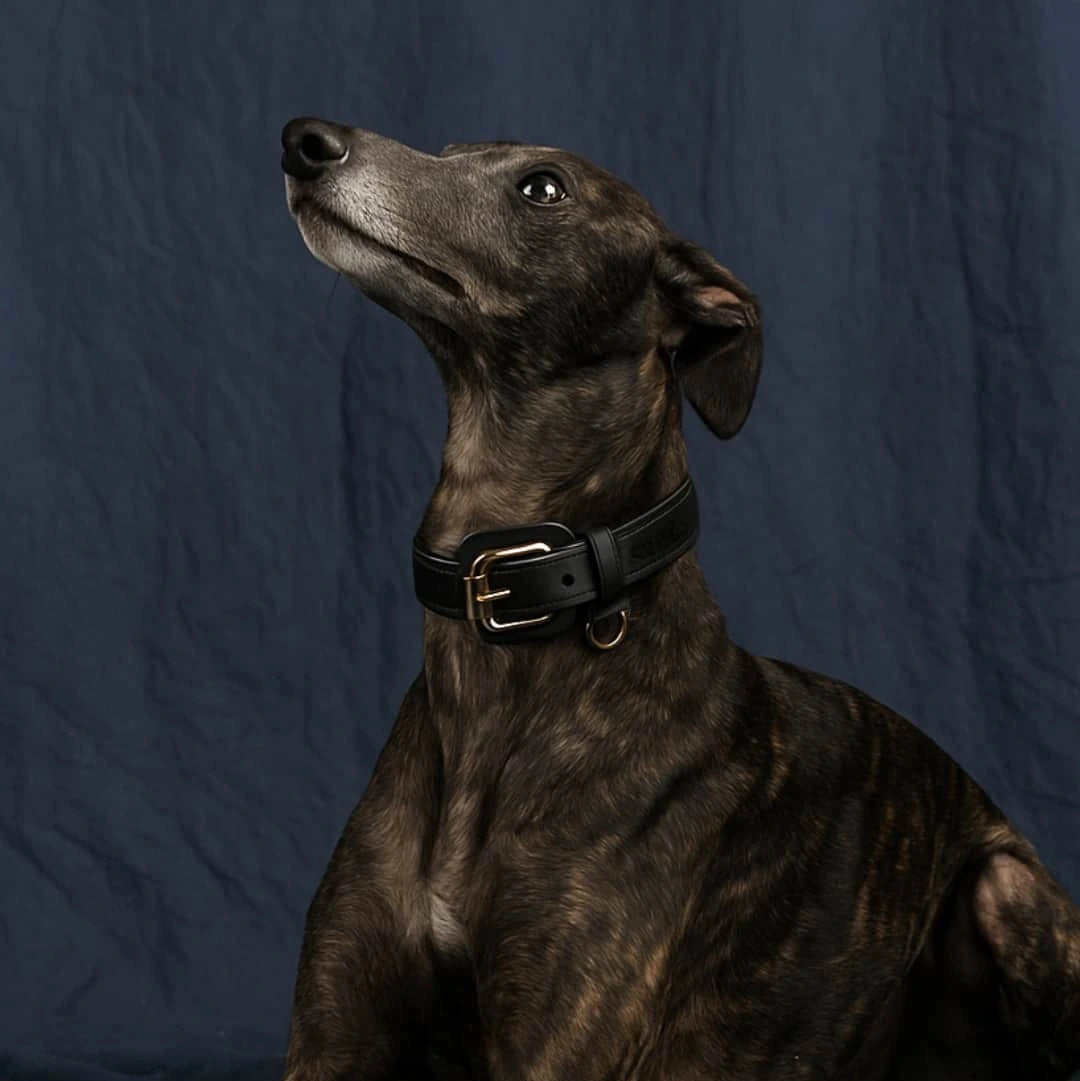
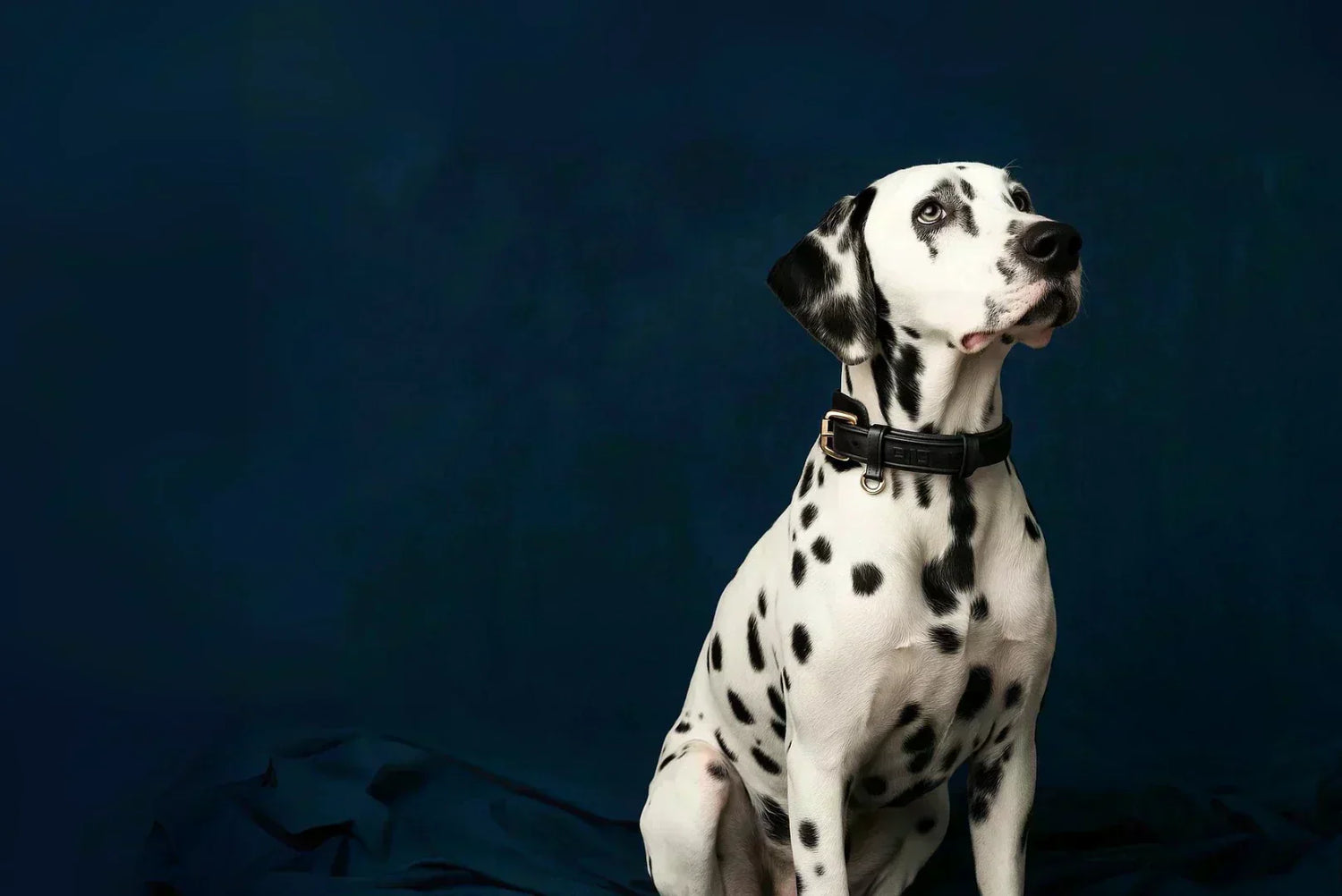
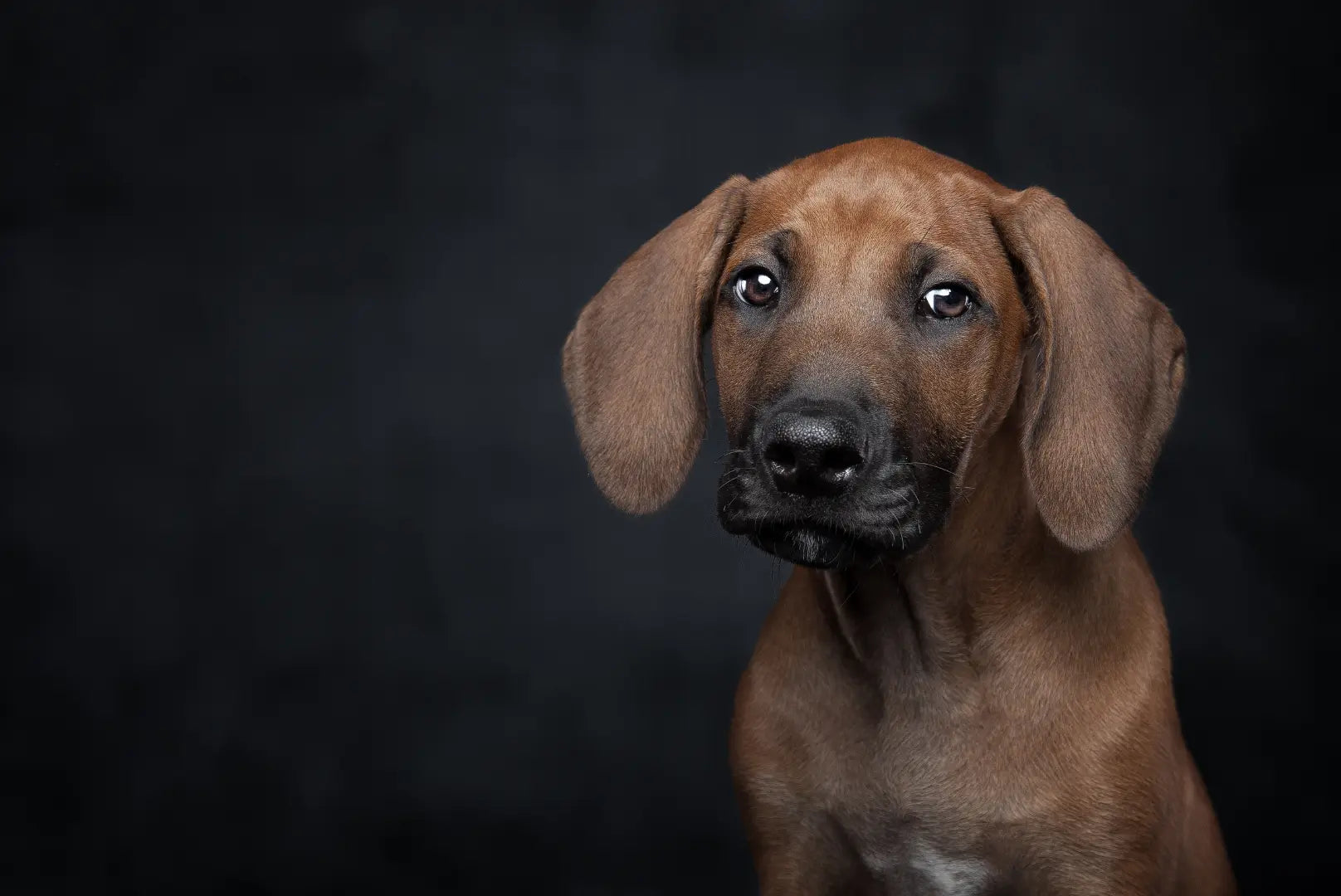
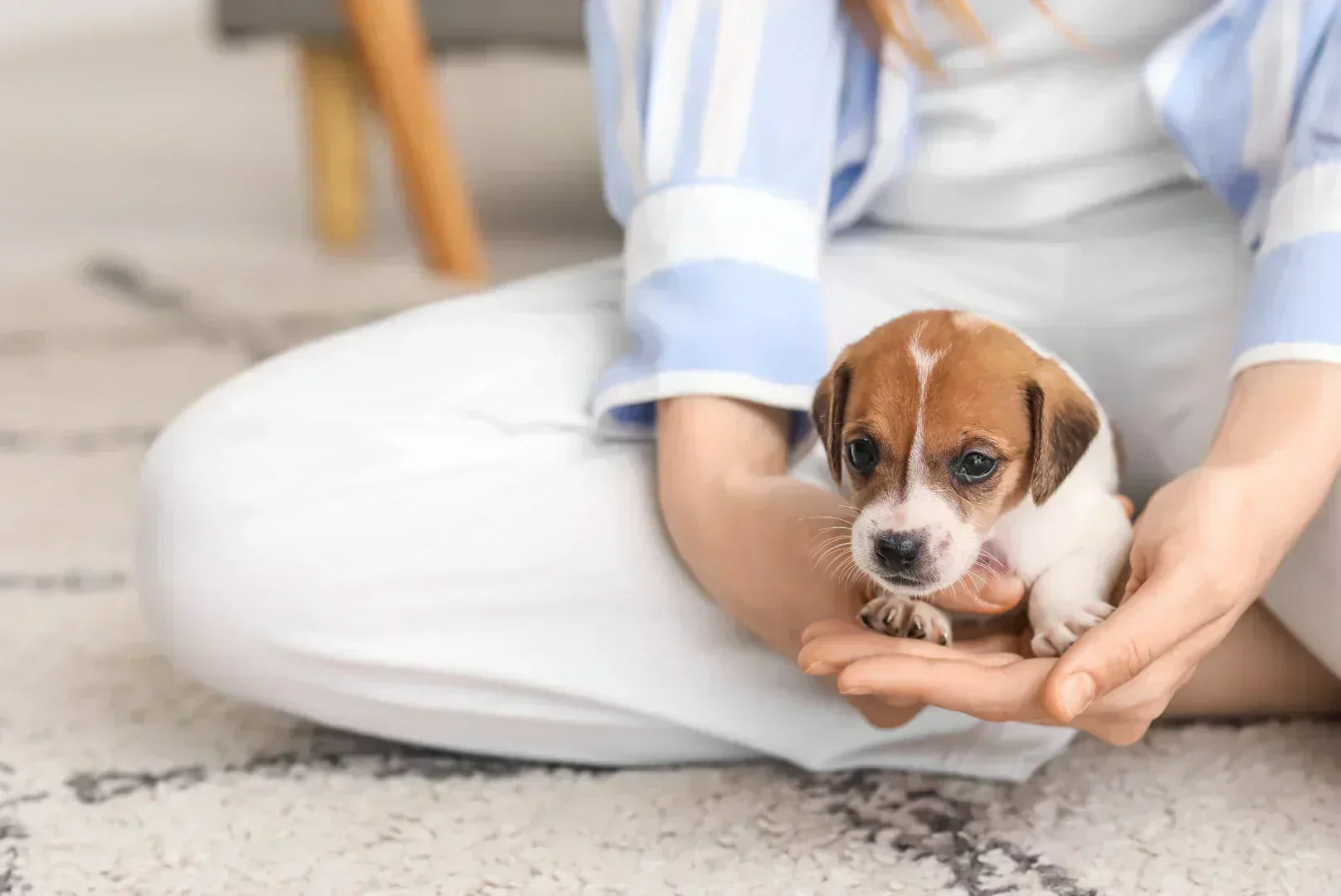
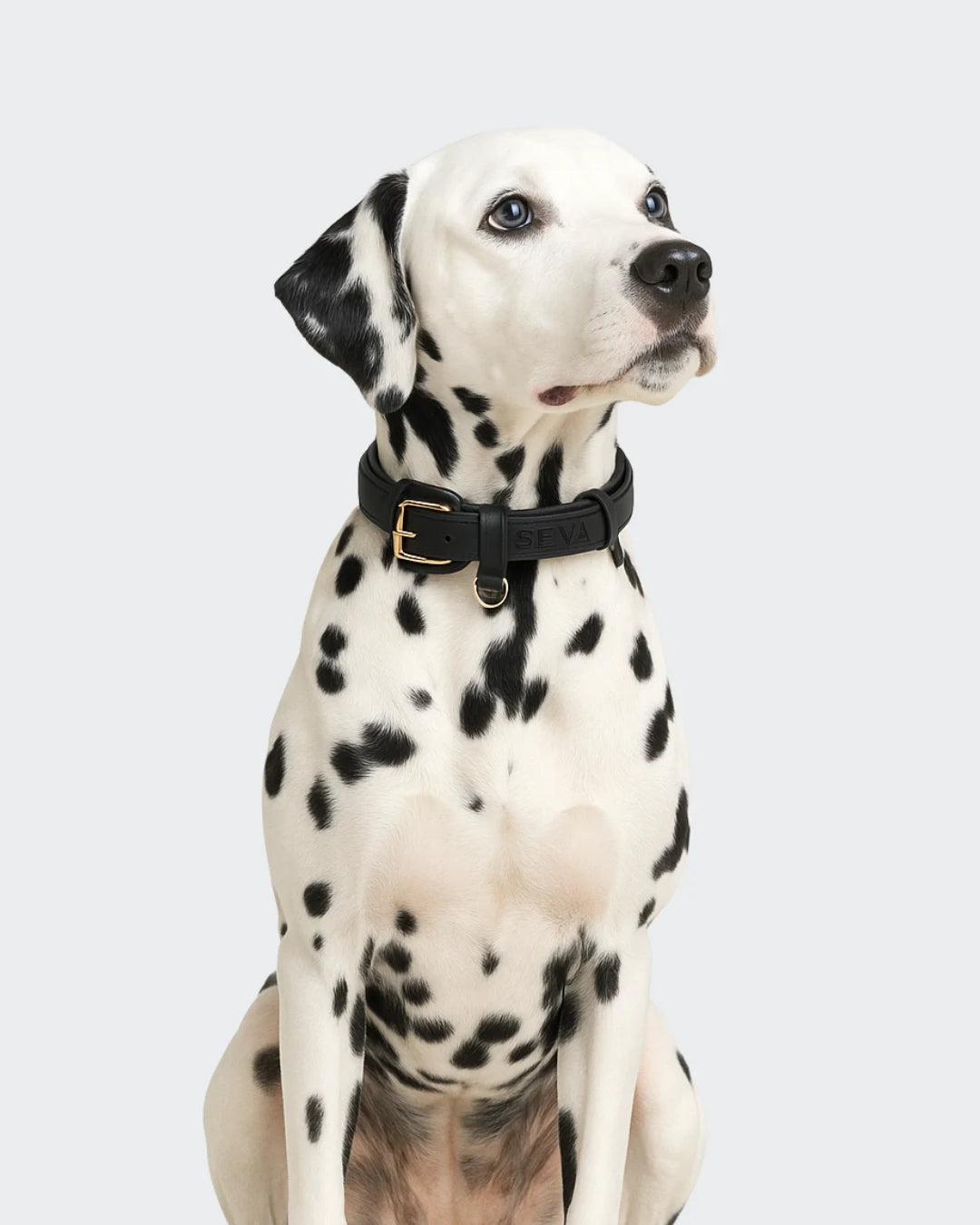
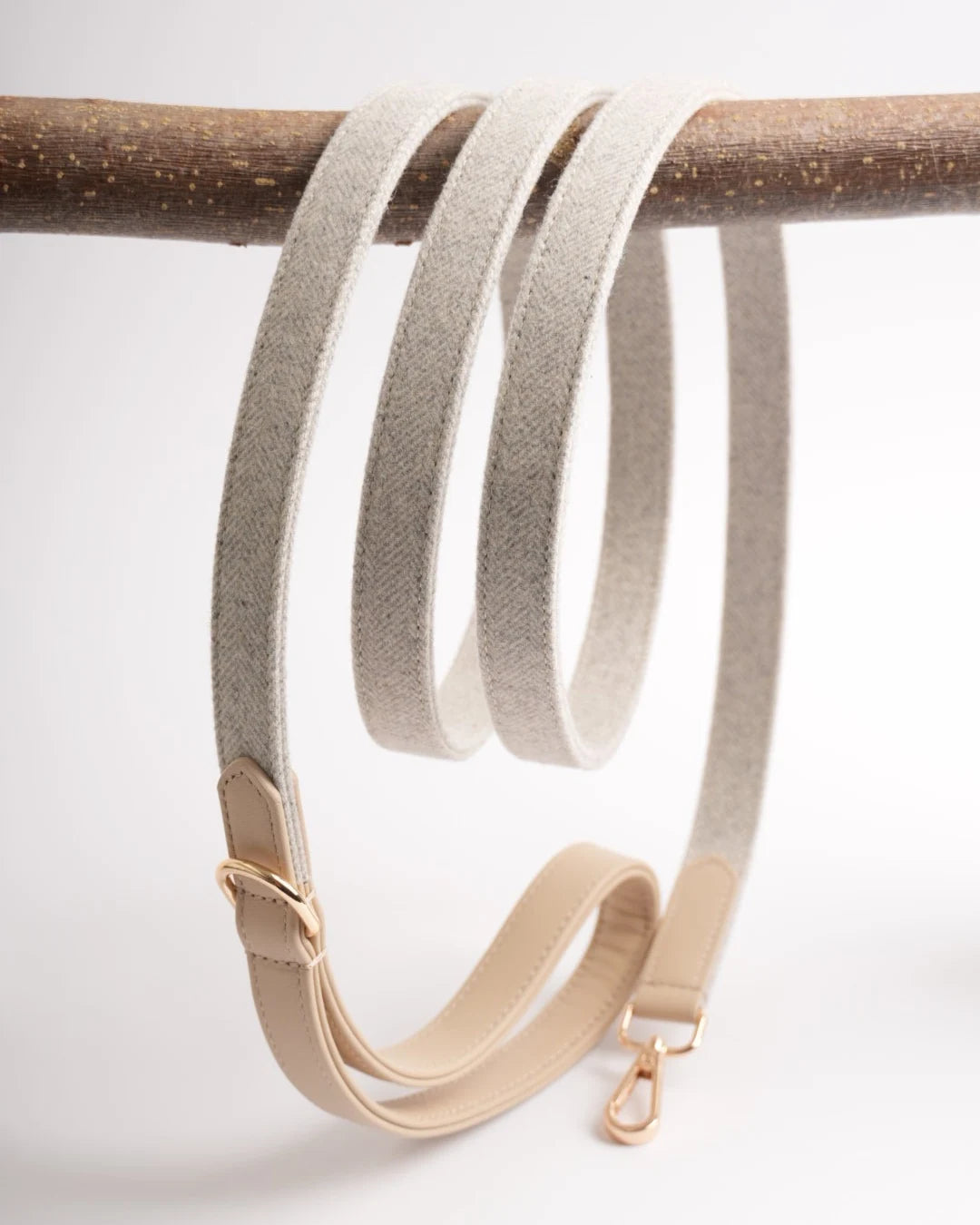
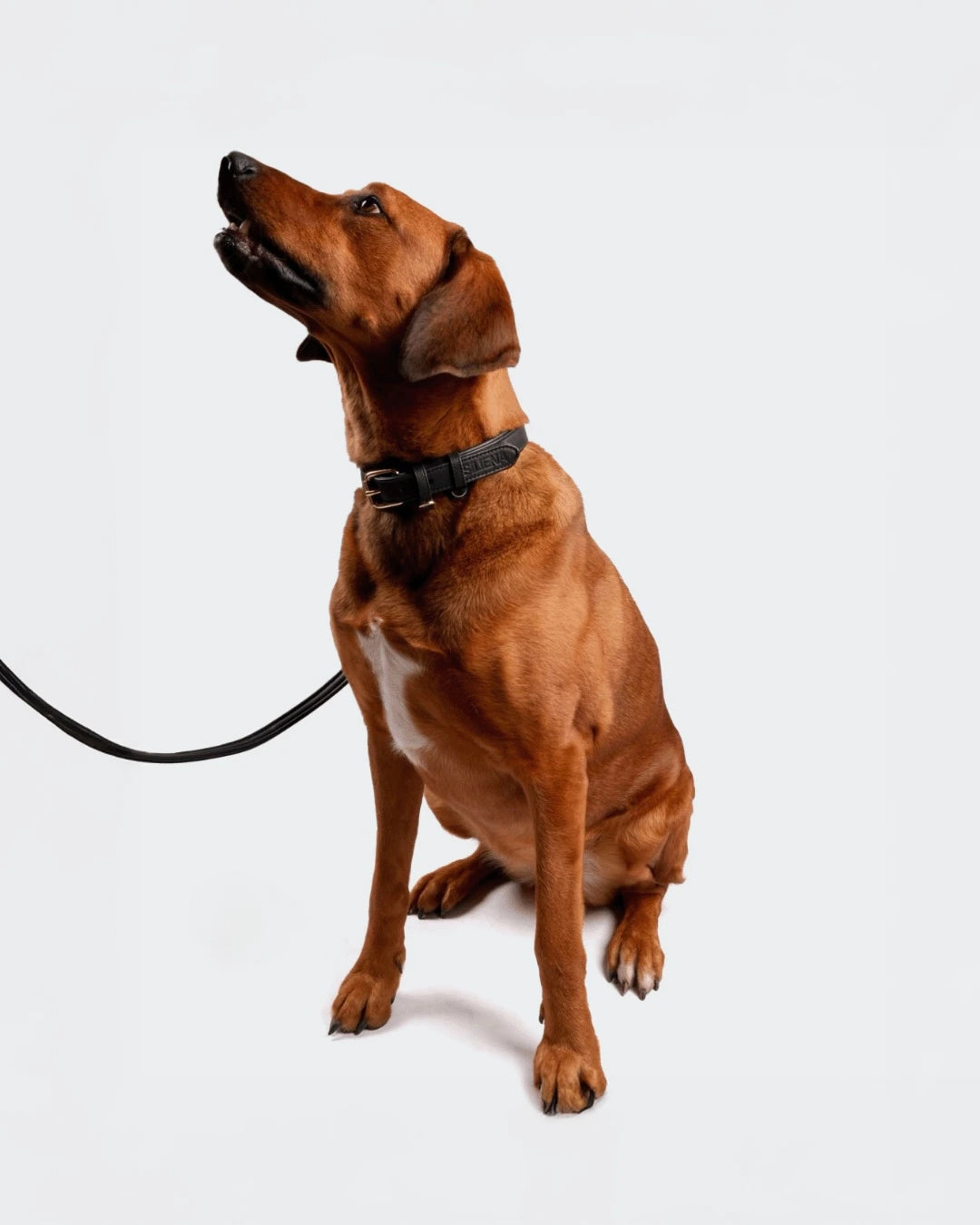
Leave a comment
This site is protected by hCaptcha and the hCaptcha Privacy Policy and Terms of Service apply.